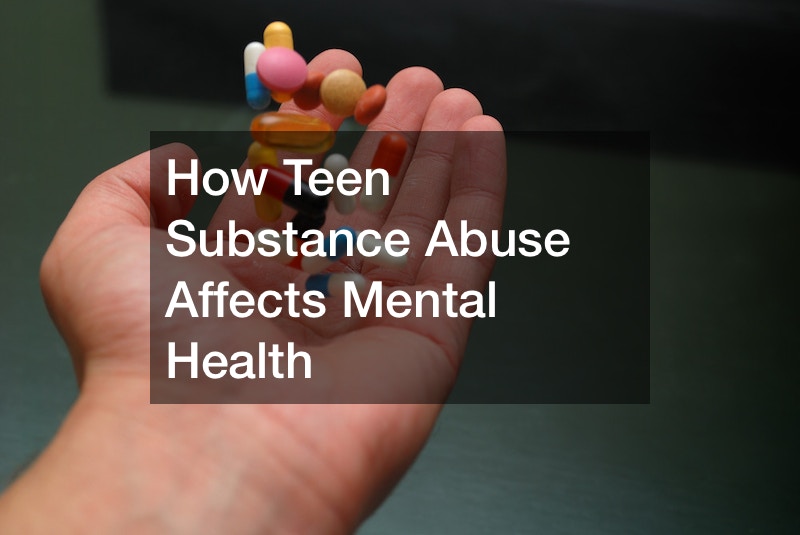

Teen substance abuse can have severe and lasting impacts on mental health. Adolescents are particularly vulnerable to substance use disorders, which can exacerbate existing mental health issues or lead to new ones.
- Teen drug abuse can increase the possibility of developing mental health disorders such as anxiety, depression, and even schizophrenia. The developing brain is more susceptible to the negative effects of drugs, potentially altering brain chemistry and leading to long-term psychological consequences.
- Substance abuse during adolescence can impair cognitive function, affecting memory, attention, and decision-making abilities. These cognitive deficits can hinder academic performance and disrupt social interactions.
- Some teenagers may turn to drugs as a type of self-medication to address emotional distress. However, this self-medicating behavior often results in a vicious cycle of escalation, where drug abuse worsens mental health symptoms, driving the need for more substances.
- Engaging in drug abuse during formative years can hinder the development of healthy coping mechanisms. Teens may rely on these substances instead of learning constructive ways dealing with stress and challenges.
- If left untreated, teen substance abuse can become full-blown addiction in adulthood. Addressing substance abuse issues early on is crucial to prevent further complications.
- Addiction counselors and therapists play a crucial role in helping teens struggling with drug abuse and mental health issues. These addiction therapists can address the root causes of substance abuse through counseling and therapy and offer much-needed support throughout the addiction recovery journey.
.



